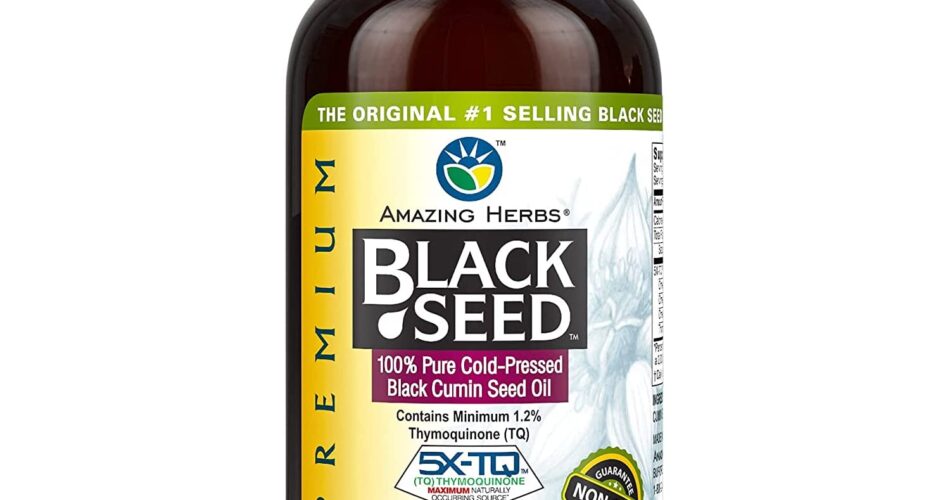Rapid weight loss in older dogs may indicate an underlying health issue. It is important to monitor their weight closely and consult a veterinarian for an accurate diagnosis and treatment plan.
As dogs age, their metabolism slows down, and they are more prone to health problems that can affect their weight and overall well-being. We will explore the potential causes of rapid weight loss in older dogs, the importance of seeking veterinary care, and the steps you can take to help your furry companion maintain a healthy weight.
Understanding the factors contributing to weight loss in older dogs can aid in early intervention and management of potential health concerns, ultimately contributing to a better quality of life for your beloved pet.

Credit: www.grainger.com
Causes Of Rapid Weight Loss
Rapid weight loss in older dogs can be a concerning issue, often indicating an underlying health problem. Identifying the causes of rapid weight loss is crucial for addressing the issue and providing appropriate treatment. Let’s delve into some common reasons for rapid weight loss in older dogs.
Malnutrition
Malnutrition in older dogs may occur due to various factors such as poor diet, digestive problems, dental issues or insufficient absorption of nutrients. Inadequate intake of essential nutrients can lead to weight loss, muscle wasting, and a compromised immune system.
Underlying Health Conditions
Rapid weight loss in older dogs can be attributed to a range of underlying health conditions. These may include cancer, kidney disease, thyroid disorders, or diabetes. Such conditions can impact the dog’s metabolism, leading to increased energy expenditure and reduced appetite, consequently resulting in rapid weight loss.
Signs And Symptoms To Look Out For
As pet owners, it’s essential to be vigilant and attuned to the signs and symptoms of rapid weight loss in older dogs. Sudden and unexplained changes in body composition and decreased energy levels could be indicative of an underlying health issue. Recognizing these early indications can help in promoting the well-being of our beloved furry companions.
Sudden Changes In Body Composition
Weight loss that occurs rapidly in older dogs can be a cause for concern. Evident changes in their body size, such as a noticeable decrease in muscle mass or a prominent change in their overall physique, could be signs of an underlying issue. It’s crucial to pay close attention to these changes as they could be indicative of medical conditions that may require prompt attention.
Decreased Energy Levels
Observing a sudden decline in your older dog’s energy levels can be an indication of an underlying problem. Lethargy, reluctance to engage in physical activities, or a reduction in overall vitality could be signs that something is amiss. It’s important to be attentive to these subtle changes as they could be early warning signs of a health issue that needs to be addressed.
Impact On The Overall Health Of Older Dogs
Rapid weight loss in older dogs can have severe consequences on their overall health.
It is crucial to be aware of the potential risks associated with sudden weight loss in senior dogs.
Mobility Issues
Poor weight management can lead to mobility issues in aging dogs.
- Excess weight loss can strain joints and muscles, affecting their ability to move.
- Reduced mobility can impact their quality of life and make everyday activities challenging.
Risk Of Organ Damage
Significant weight loss can pose a serious risk of organ damage for older dogs.
- Organs, such as the liver and kidneys, may be strained due to abrupt weight loss.
- Organ damage can lead to long-term health complications and reduce the lifespan of the dog.

Credit: www.healthline.com
Importance Of Timely Intervention
Timely intervention is crucial when it comes to rapid weight loss in older dogs. This subheading emphasizes the importance of acting quickly to address this issue. Early detection is key in saving their lives, and preventive measures can help maintain their well-being. By focusing on these aspects, we can ensure that our furry companions receive the attention and care they need.
Early Detection Saves Lives
In the case of rapid weight loss in older dogs, early detection can be a lifesaver. By paying close attention to their weight and noticing any significant changes, you can identify potential health problems at an early stage. Remember, dogs can’t communicate with words, so it’s up to us to be vigilant. A sudden drop in weight can be a sign of underlying issues such as organ failure, parasites, or even cancer.
Preventive Measures
Taking preventive measures is crucial to keep your older dog healthy and prevent rapid weight loss. Ensuring a balanced diet is essential, providing them with the necessary nutrients for their age and breed. Regular exercise helps maintain their metabolism and keep their weight in check. Additionally, scheduling routine veterinary check-ups can help detect any health issues early on and provide appropriate treatment.
Effective Solutions For Rapid Weight Loss
When it comes to addressing rapid weight loss in older dogs, it is crucial to implement effective solutions to ensure their overall health and well-being. By tailoring their diet plans and introducing suitable exercise regimens, you can help your furry friend regain a healthy weight and improve their quality of life.
Tailored Diet Plans
A tailored diet plan is the foundation for combating rapid weight loss in older dogs. By providing them with the right nutrients in appropriate quantities, you can promote healthy weight gain and maintain their overall health. Here’s what you should consider:
- Consult a Veterinarian: A veterinarian will be able to assess your dog’s current health condition and recommend a suitable diet plan. They will take into account factors such as age, breed, activity level, and any underlying medical conditions.
- Control Portion Sizes: Monitoring portion sizes is key to managing weight. Split your dog’s daily food intake into smaller, more frequent meals, and avoid leaving food out all day. This will help prevent overeating and aid in weight management.
- Choose Nutrient-Dense Foods: Opt for high-quality, nutrient-dense dog food that contains a balanced ratio of proteins, healthy fats, and carbohydrates. Avoid foods with excessive fillers, artificial additives, and empty calories that contribute to weight gain.
- Consider Weight Management Formulas: Some pet food brands offer special formulas designed specifically for weight management. These formulas are typically lower in calories, and their composition helps maintain muscle mass while reducing fat.
Exercise Regimens
Implementing an appropriate exercise regimen is vital for older dogs experiencing rapid weight loss. Engaging in regular physical activity helps burn calories, build muscle, and improve overall fitness. Here are some key considerations:
- Consult a Veterinarian: Before starting any exercise regimen, consult your veterinarian to ensure your dog is fit for physical activity. They will provide guidance regarding your dog’s limitations and suggest suitable exercises.
- Low-Impact Exercises: Older dogs may have joint issues or reduced mobility, so it’s crucial to choose low-impact activities. Walking, swimming, gentle play sessions, and interactive games are excellent options that minimize stress on your dog’s joints.
- Gradually Increase Activity Levels: Start with short sessions of exercise and gradually increase the duration and intensity over time. Avoid sudden, strenuous activities that could cause injury or exhaustion.
- Enrichment Activities: Incorporating mental stimulation activities into your dog’s exercise routine can keep them engaged and mentally sharp. Puzzle toys, scent games, and obedience training are great ways to exercise their brain while burning calories.

Credit: www.stylecraze.com
Consulting A Veterinarian
Consulting a Veterinarian is crucial for older dogs experiencing rapid weight loss. A veterinarian can provide expert guidance and accurate diagnosis to address the underlying causes effectively.
Diagnostic Tests
Diagnostic tests such as blood work, urine analysis, and imaging scans can help identify the root cause of rapid weight loss in older dogs.
Treatment Options
Treatment options may include dietary changes, medication, exercise plans, and in severe cases, surgical intervention to manage rapid weight loss in older dogs.
Frequently Asked Questions On Rapid Weight Loss In Older Dogs
Can Older Dogs Experience Rapid Weight Loss?
Yes, older dogs can experience rapid weight loss due to various factors such as dental problems, underlying health issues, decreased appetite, or metabolic changes. It’s important to consult a veterinarian to determine the underlying cause and develop a suitable treatment plan.
What Are The Potential Causes Of Rapid Weight Loss In Older Dogs?
Rapid weight loss in older dogs can be caused by dental disease, organ dysfunction, gastrointestinal issues, cancer, or hormonal imbalances. Additionally, stress, parasites, poor nutrition, or medication side effects could also play a role. A comprehensive veterinary examination is essential to identify the underlying cause.
How Can I Help My Older Dog With Rapid Weight Loss?
To help your older dog with rapid weight loss, provide a balanced and nutritious diet suitable for their age and health condition. Encourage regular exercise and monitor their appetite closely. Consult a veterinarian to ensure there are no underlying health issues and to receive appropriate guidance and treatment options.
Conclusion
In caring for your older dog, prioritizing their well-being with gradual weight loss strategies is crucial for their health and happiness. By consulting your veterinarian and implementing a balanced diet and exercise routine, you can help your furry companion maintain a healthy weight and live a long, fulfilling life.


